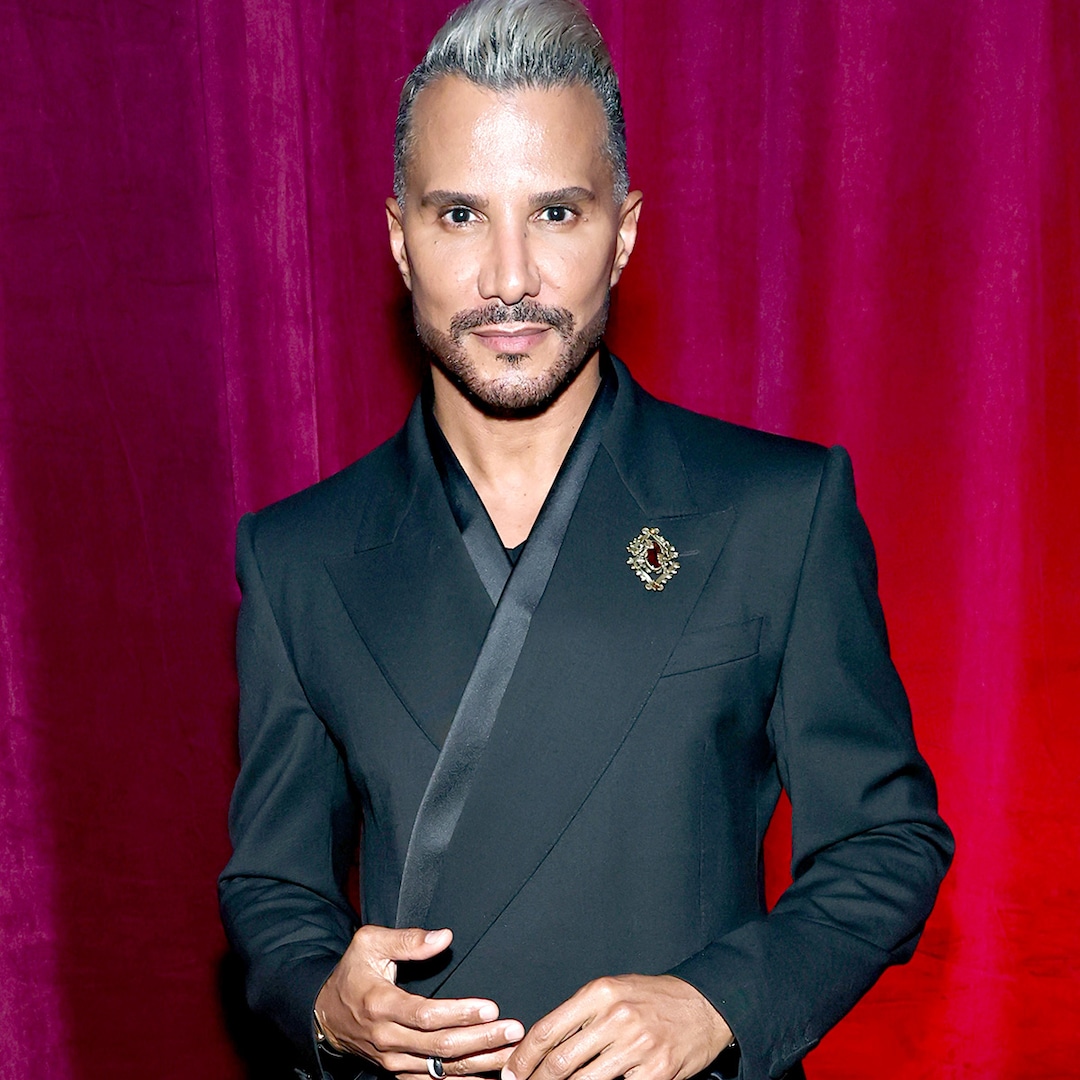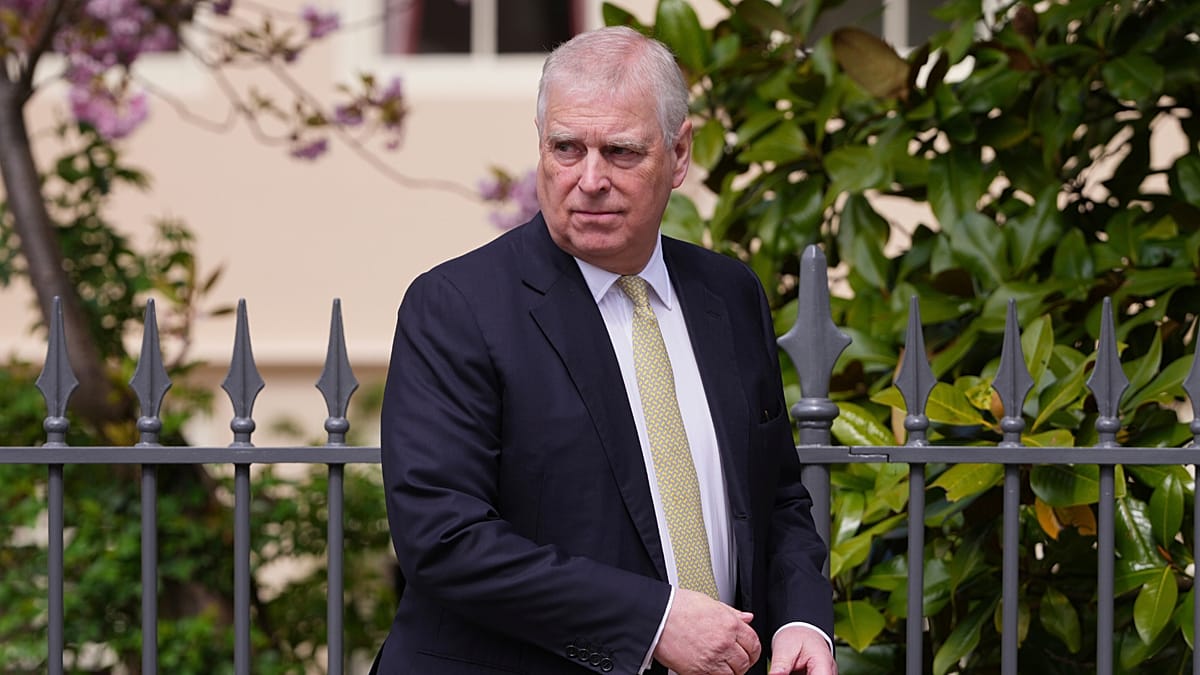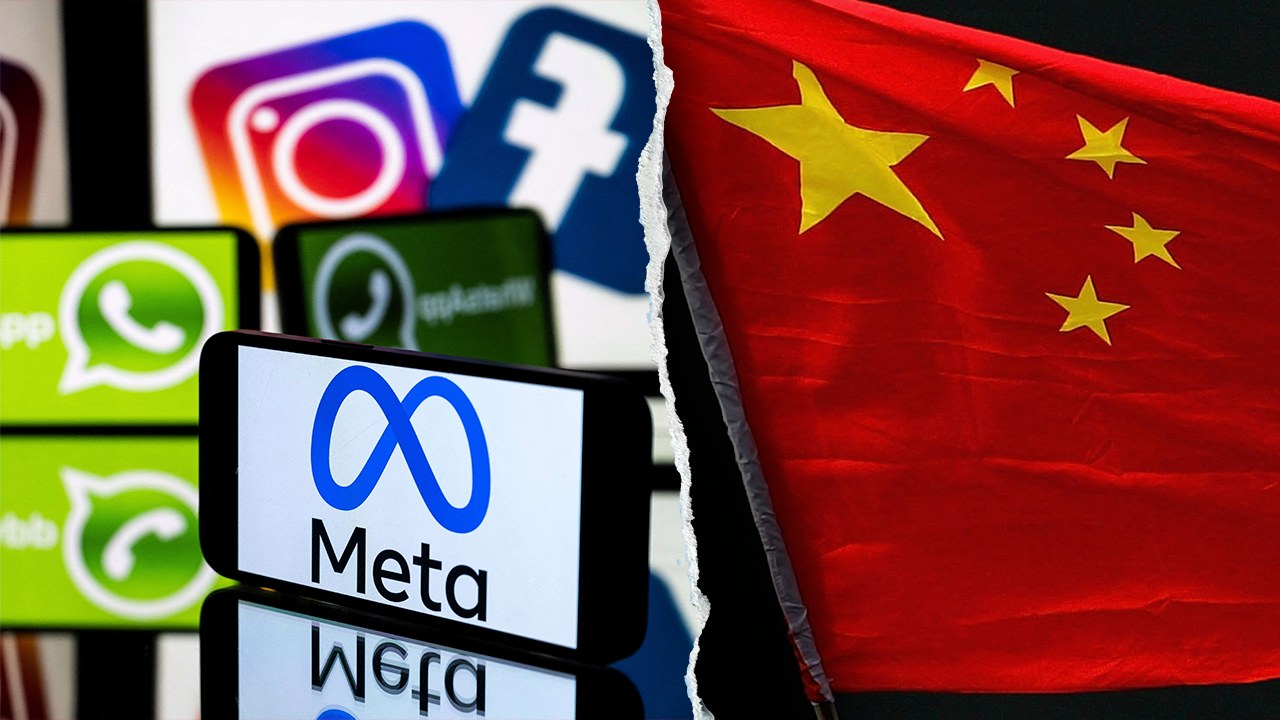Martin Newman: The Future of Consumer Behaviour and Business Growth

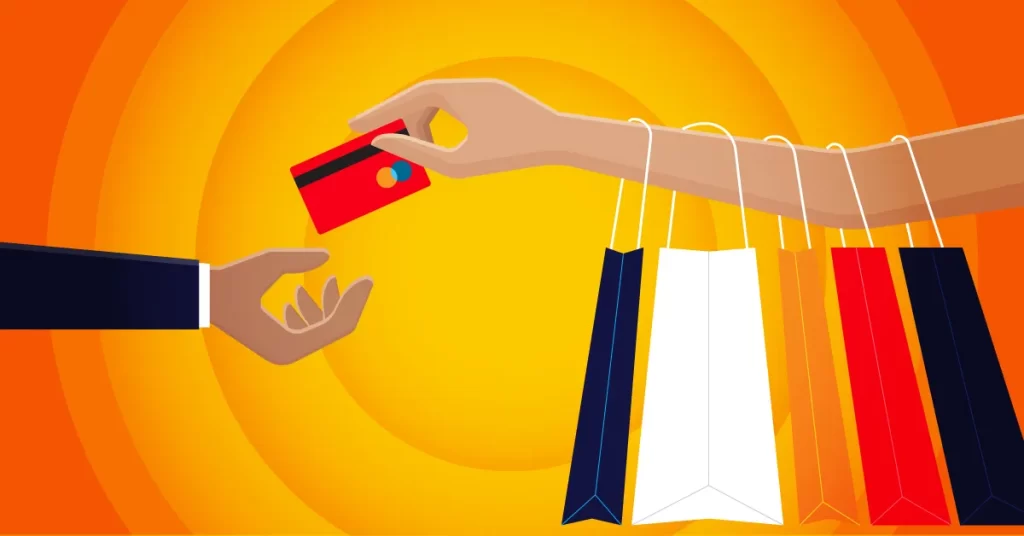
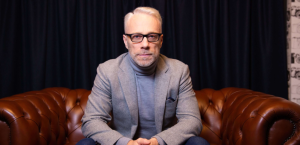 Martin Newman, widely known as The Consumer Champion, is a globally recognised expert in consumer behaviour and customer centricity. With over 40 years of experience transforming multichannel operations for brands like Burberry, Harrods, and Ted Baker, he brings unmatched insight into how consumers genuinely think, feel, and decide.
Martin Newman, widely known as The Consumer Champion, is a globally recognised expert in consumer behaviour and customer centricity. With over 40 years of experience transforming multichannel operations for brands like Burberry, Harrods, and Ted Baker, he brings unmatched insight into how consumers genuinely think, feel, and decide.
Founder of the e-commerce consultancy Practicology, now sold internationally, Martin also created the mini-MBA in Customer Centricity and delivers hands-on training through MBA in a Day workshops. He’s not just a thought leader—he’s an educator driving lasting change across sectors.
A bestselling author of The Power of Customer Experience and 100 Practical Ways to Improve Customer Experience, Martin delivers keynotes that blend strategic vision with everyday practicality.
In this exclusive interview with The Champions Speakers Agency, Europe’s largest keynote speaker bureau, Martin shares how businesses can adapt to shifting consumer behaviour, embrace cultural transformation, and harness technology to stay ahead.
Q1. You talk about expanding ROI into 11 new measures. Why should business leaders look beyond profit, and which of these new ROIs stand out most?
Martin Newman: “It’s actually 11 ROIs now, but there you go. My whole raison d’être and my whole thinking about having a living new way of looking at return on investment is that we can start to think about some things and the value of those different aspects and strategies to our business in a way that we maybe haven’t done previously.
“The issue that I have with ROI in the way that we traditionally look at it is if you’ve got an idea, a new idea to do something completely different that’s never been done in your business or your industry before and you take it to your boss.
“I’ve had this experience myself — if I took it to any of my bosses over my career and said “I’ve got this great new idea, I’ve got this cup that’s never been designed before but I’ve got a whole new design, it’s going to make it so much more easy to use, to hold, to drink, to consume and therefore lots of people are going to buy them.”
“My boss is going to say to me, “That’s a great idea Martin, and can you show me the business case?” But if it has never been done before, you can’t prove the business case. So often the traditional way of thinking of return on investment is a barrier to progress.
“The 11 new ROIs that I have include things like return on inspiration — how you look after your people; return on integrity — the way you treat the environment and sustainability, because you’ve got to take that seriously if you’re going to align with your customers, particularly as they become more conscious in their consumption.
“Return on inspiration is about looking after your own colleagues, your own people, paying them well, training them, developing them and showing them, they can have a succession plan within your business, and they can work for you for many years to come.
“And the businesses that do that, as you can imagine, get a very different response from their employees because they’re much more engaged. They very much enjoy working where they work.
“Another new ROI to think about is return on inclusion. I’ve sat on a number of retail boards where whenever the conversation about diversity, equity and inclusion has come up, it’s always been seen as a cost by the board and not as an opportunity.
“And yet I was one of the sole voices sitting there saying, “Well actually, do you not think if we were more representative of the people we’re trying to sell to and trying to serve in the first place, we might make better decisions?” That’s why I think being diverse and being inclusive is not only morally the right thing for a business to do but it’s also commercially the right thing to do.
“My youngest daughter has a disability. There are 14 million disabled people in the UK right now, nearly 90 million across Europe and 80 million in the States. And I can tell you that disabled customers, no matter what your disability is — whether it’s a physical disability that’s obvious that someone can see or it’s a hidden disability — there are very few brands out there who understand how to cater for the needs of disabled customers. And yet that is a massive commercial opportunity.
“That’s just another one of the ROIs that I try to bring into my thinking. The final ROI I’m going to mention right now is return on integration. The challenge that most businesses have is they operate in silos.
“And when you run silos, in other words when you treat a business like it’s full of lots of different departments, what happens is you get measured by what happens only in your part of the business. And that makes it very difficult for any organisation to really think about being truly customer centric.
“Because to be truly customer-centric you have to get all the different constituent parts of your business working together, heading in the same direction of travel towards your north star as an organisation.
“That’s why I created a new ROI called return on integration. Because the more we integrate our thinking and the way of working, the more collaborative we become as a business and the better job we do heading towards the big objective that we have as an organisation.”
Q2. You’ve said, “Culture Eats Strategy for Breakfast.” How does culture really determine whether a business succeeds or fails?
Martin Newman: “For me, culture is everything and has probably the single biggest impact on the performance of an organisation. You can have the best strategy in the world; you could have spent millions of pounds with one of those big management consultancies creating a fantastic looking strategy document for the business.
“But if the culture isn’t right and your people aren’t bought in to what you stand for as a business — your values, your direction of travel and what you’re all about — they will not give you that. They will not go above and beyond, and they will not give you that level of commitment I think that’s required.
“Culture can be an invisible force, but it dictates very much whether your strategy is successful or not. When your colleagues, when your employees are engaged, when they’re aligned and when they’re empowered to do their jobs to the best of their ability, they create exceptional customer experiences. It doesn’t matter whether you’re selling to the consumer or you’re selling to other businesses. In this case it’s always the same.
“Therefore culture, when it’s implemented effectively, drives business growth. It’s the heart of success of all successful businesses in my opinion. Businesses with toxic cultures — and I have worked for one or two in my career — these toxic cultures can quietly destroy an organisation from the inside out.
“And companies that prioritise their employees and their well-being, their health, and their psychological safety, and create a clear sense of purpose, they don’t just retain talent, they outperform their competitors.
“The bottom line: get your culture right. Everything else follows from there.”
Q3. AI is transforming industries at speed. How can businesses use it in practice to create real value for their customers?
Martin Newman: “AI is definitely the future. It’s also the present to some extent. But as I always say to the businesses I work with, we tend to overestimate the impact of technology in the short term and underestimate its impact in the long term. In other words, we think that AI is already all pervasive. I can assure you it’s not, but it’s already having a huge impact.
“I challenge the businesses on how they think of AI, and I think at the moment we look at it far too tactically. So, the businesses that I work with are dabbling in different parts of the business to see what they might be able to do with AI.
“If I were running a business today, I would ask my colleagues to look at every single part of the value chain of the business, every part of our operating model, every single thing we did. And I’d ask them to look through three lenses: is there an opportunity to use AI to drive demand in this part of the business? Is there an opportunity to use AI to improve efficiency and become more productive? And is there an opportunity to leverage AI to drive down costs or take costs out of the organisation?
“I think if we can do that across every single part of the business, we’ll make the lasting difference that we want to. If we take AI or think about it from a customer point of view, AI is a fantastic driver for personalising the experience of a customer, from predicting customer needs before they even arise to streamlining processes so that employees can focus on adding real value.
“And the brands that strike the right balance between automation and retaining that human touch are the ones that will most definitely win in the future.”
This exclusive interview with Martin Newman was conducted by Mark Matthews of The Motivational Speakers Agency.
The post Martin Newman: The Future of Consumer Behaviour and Business Growth appeared first on European Business & Finance Magazine.


















